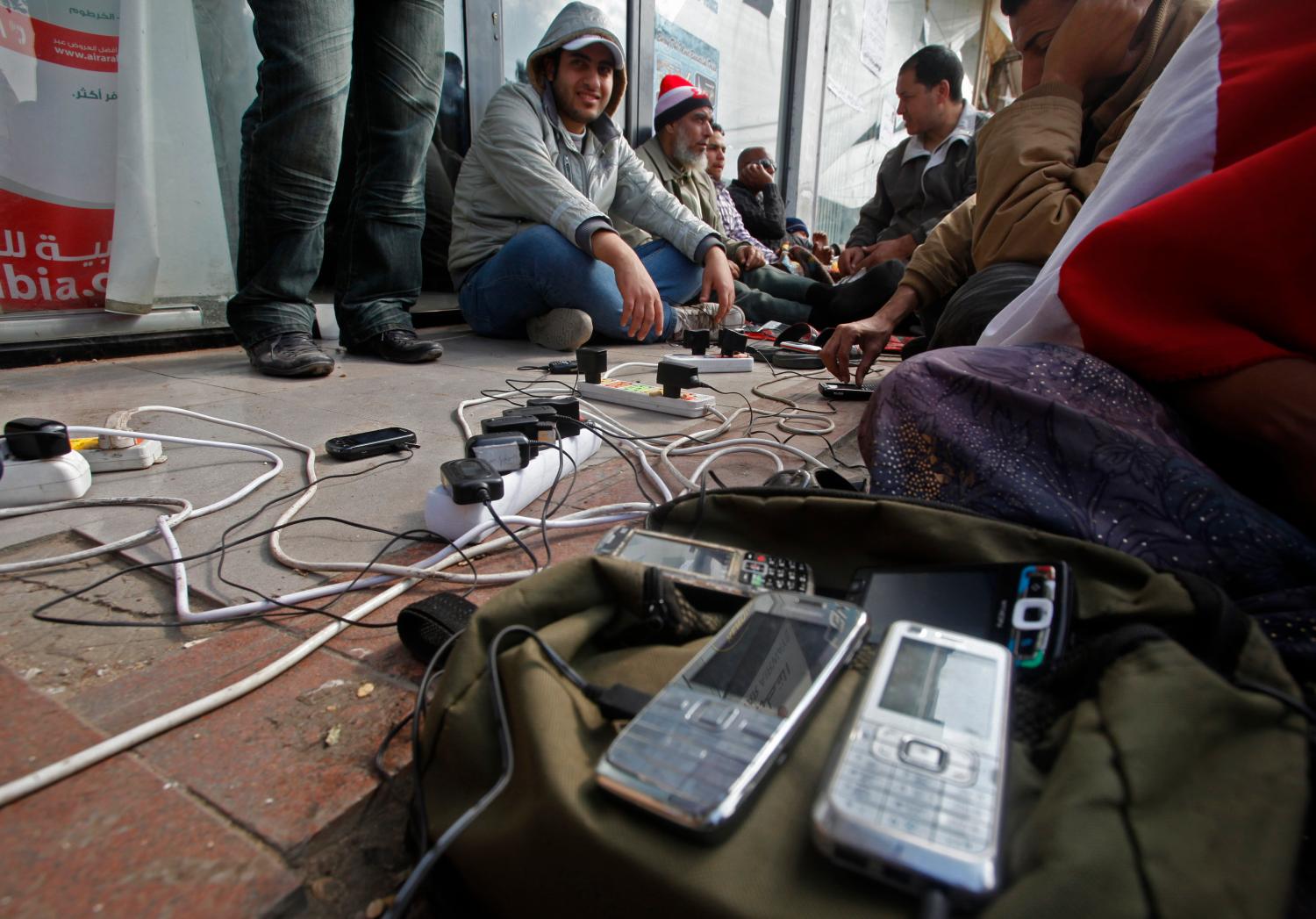This collection of policy briefs was commissioned for the ninth annual Brookings Blum Roundtable on Global Poverty, held in Aspen, Colorado on August 1–3, 2012.
There is growing excitement among governments, international organizations, the private sector, philanthropic organizations and civil society about the potential of technology and innovation to dramatically improve the lives of poor people around the world.
Mobile technology is giving poor people the capacity to transact, borrow and save through their cell phones. Connection technologies such as open source software are allowing people in Haiti and Pakistan to collect and analyze information about, and then respond to, violence, corruption and natural disasters. Myriad ‘green growth’ technological innovations across the globe are expanding access to electricity, increasing agricultural yields while also reducing harmful emissions.
But innovation in the service of development goals is not just about achieving technological breakthroughs. Recent research shows that new business models often matter far more than the technology of a given product when serving poor communities. Moreover, promising technologies do not bring about improvements in the lives of the world’s poorest people unless they are adequately invested in, rigorously evaluated, and then brought to scale, which typically requires the collaboration of many actors, including the private and philanthropic sectors and government.
The following policy briefs explore these issues in detail, lay out the challenges, and offer a range of specific recommendations on what needs to happen and why.
The Innovation Revolution and its Implications for Development
Laurence Chandy and Homi Kharas explore how technology-driven innovations in finance, management and accountability can catalyze scaled up development interventions that reach poor people around the world, but that this depends on the forging of partnerships between nonprofit and for-profit actors.
Downloads:
New Frontiers: Launching Digital Financial Services in Rural Areas
Cameron Peake surveys the landscape of digital financial services in rural Africa, Asia and Latin America and provides valuable lessons gleaned from Mercy Corps’s experience in implementing programs on the ground and reaching populations at the very bottom of the pyramid.
Downloads:
Harnessing Connection Technologies for Development
Anne-Marie Slaughter and Eleanor Meegoda put forward a framework to describe the different types of mass networks that have emerged from advances in communication (or connection) technologies and are being harnessed to address global development challenges, and pose pertinent questions to guide further research in this exciting new field.
Downloads:
Innovation and Technology for Green Growth
Nathan Hultman, Katherine Sierra and Allison Shapiro categorize the various types of green growth innovations and examine recent R&D and investment trends, before reviewing new approaches that help countries simultaneously realize economic, environmental and development goals.
Downloads:
The Importance of Business Models
Mike Kubzansky argues that designing effective business models matters far more than the technology behind a product when targeting the very poor, explains why it is difficult for the private sector to develop viable business models for this segment of the global population and offers suggestions on how governments, donors and businesses can work together to overcome obstacles.
Downloads:
It’s What You Make, Not How You Make It—Why Africa Needs a Strategy for Structural Change
John Page asserts that structural change—the shift of resources in a country from low to high productivity sectors—is more important than technology in addressing the current jobs crisis in Africa and recommends specific steps to kick-start transformation and create globally competitive industries on the continent.
Downloads:
Delivering U.S. Leadership: Roles for the Public Sector
Molly Kinder examines the role of the public sector in unlocking innovation to deliver development “better, cheaper and faster and at scale” and offers recommendations for how the U.S. government and other donor countries can work with the private sector and philanthropic organizations to drive a global innovation agenda.
Downloads:



